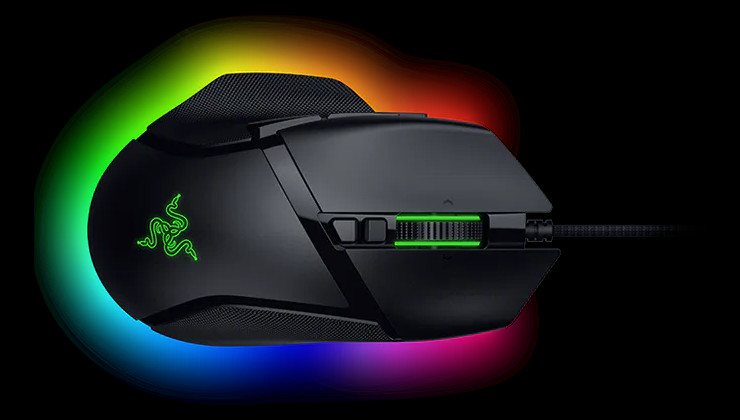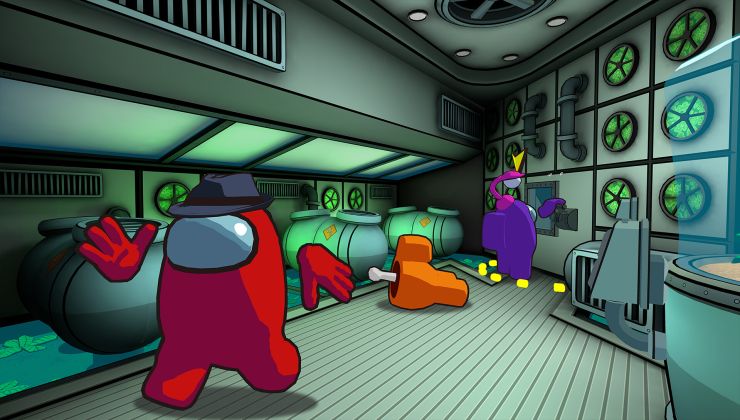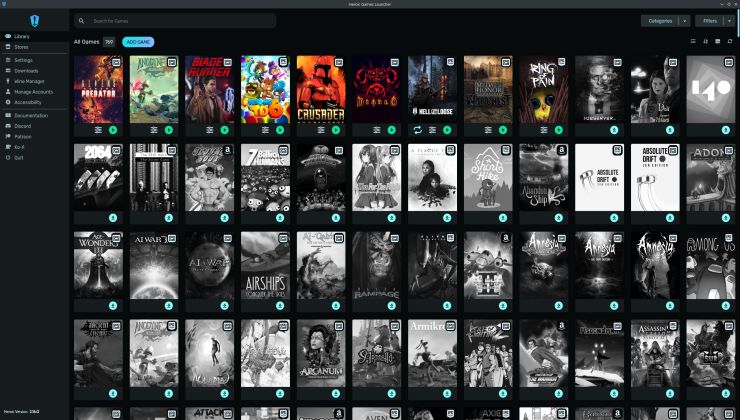Slime Rancher is a damn cute game, it's high on my list to play hours of when it has some fleshed out content to it. It has hit over 300K sales so I caught up with the developer on the Linux side of it.
I spoke to Nick, the main developer behind Slime Rancher with two simple, but interesting questions I wanted to know.
GOL: How easy was it for you to support Linux with Slime Rancher?
Nick: "Since we’re using Unity, supporting linux basically ‘just works,’ or at least it works enough for us to get a great start on it. Had we built our own 3d engine (and as a two person team, this would have been insane) it would have been far more difficult. With Unity, it has mostly been a matter of resolving graphical issues. Fortunately the linux audience seems to expect these things and they’ve been very patient and helpful when these issues arise."
GOL: Have the sales for the Linux version been enough for you to be happy with it?
Nick: "This is where we’re a bit more conflicted. Linux sales represent a tiny fraction of Slime Rancher sales, less than 0.5% overall (for reference, Mac sales are about 10%). So it’s difficult to say if it has been worth the trouble. Given that Slime Rancher has been very successful for us, 0.5% of all the revenue we’ve generated is a nice figure, but had we instead spent those resources improving the game as a whole; would we have made more revenue as a result? It’s a tough call."
You can find Slime Rancher on GOG, Steam or buy it directly.
I think it's a very cool game, you can see my previous failure in it here.
The Mac->Linux difference is sales is probably one of the biggest differences I've ever seen from talking to developers. I wonder why that is?
Thanks for speaking to me Nick!
Way I see it you support Linux for the ideology, not for profit margins.
Since we’re using Unity, supporting linux basically ‘just works,’ or at least it works enough for us to get a great start on it.So about $30000 so far is potentially not worth the 'trouble'? That's a pretty sad mentality... If they spend 6+ months banging their heads against Linux specific issues, ok fair enough, but somehow I doubt that.
...
So it’s difficult to say if it has been worth the trouble.
The problem with Linux gamers occupying such a low marketshare currently, and the record number of games we have available now, is that the potential sales are divided up even further. Years ago I bought all games that supported Linux just to reward the developers/publishers, even if I never actually played the games. Now I have many choices, so I buy only games I want to spend time and money on. I really appreciate game developers supporting Linux, as it helps the chicken & egg situation, but I hope they don't expect a huge ROI right away.
Also like many others here, I never consider Greenlit/Early Access games.
Way I see it you support Linux for the ideology, not for profit margins.I guess companies like Feral and Aspyr are really big on ideology then. ;)
With the exception of Victor Vran, and one or two others, I don't play the Early Access titles I've purchased until they're either released from, or die in, Early Access.
Slime Rancher went on my wishlist as soon as I saw it was available for Linux, but, as others have said here, the price hasn't gone low enough to warrant my purchasing it in its unfinished state. I've little doubt I will buy it someday, just not yet.
I bought it, found out it requires pulseaudio, then got a refund. I like the look of the game, but not enough to switch to pulse.
What sound architecture do you use for these kind of mainstream applications then? And do most game also support other architectures? Even Steam itself?
I thought pulse on alsa was more or less the desktop standard for anything but apps specially for audio work (ergo on Jack)?
I bought it, found out it requires pulseaudio, then got a refund. I like the look of the game, but not enough to switch to pulse.
What sound architecture do you use for these kind of mainstream applications then? And do most game also support other architectures? Even Steam itself?
I thought pulse on alsa was more or less the desktop standard for anything but apps specially for audio work (ergo on Jack)?
I use straight alsa. It works out of the box on funtoo/gentoo, while pulse requires a fair bit of configuration; and I have no need for any of the features pulse has over alsa. Steam and most games use either SDL or openal for audio, both of which can use either pulse or alsa as a backend. As long as a game doesn't have a direct dependency on pulse, things usually work fine.
I think certain versions of Unity 5 had a direct dependency on a running pulse daemon, and this game was built with one of those versions. It may have changed since I tried, though.
If they think that was not worth it, they must have spent more time on Linux-specific issues than I would have expected. *Or* their standards of something being worth it are different from mine.
Last edited by echazarenc on 5 Aug 2016 at 4:33 pm UTC
What sound architecture do you use for these kind of mainstream applications then? And do most game also support other architectures?
Everytime I try Pulseaudio it simply doesn't work, always some audio problems, on whatever computer I try it. Uninstalling it always solves the problem. It also serves no usefull purpose, ALSA itself does the job just fine.
I also use a Soundblaster Audigy in my main desktop, which supports hardware mixing, which allthough rare anno 2016 in computers, I still consider a very convenient feature that ensures audio alway just works optimally. Pulseaudio abstracts all features of your soundcard away, which you don't want with an advanced sound card. Again, ALSA alone does the job, and all that what you need/want.
Unless game developers get confused of course and support the wrong stuff, but that's really rare. In fact, there are still more applications that support ALSA natively than that support Pulseaudio natively.
Last edited by dmantione on 5 Aug 2016 at 5:05 pm UTC
Maybe linux users don't have the habit of buying unfinished games.As many times as Linux users have been burned by second-rate support and last-minute cancellations, this is a valid theory
Sometimes it's difficult to stay optimistic for us Linux gamers.Unfortunately, I have to agree, which is ironic because things are better than they have ever been for Linux gamers, but it sometimes feels like it could easily collapse and disappear.










 How to set, change and reset your SteamOS / Steam Deck desktop sudo password
How to set, change and reset your SteamOS / Steam Deck desktop sudo password How to set up Decky Loader on Steam Deck / SteamOS for easy plugins
How to set up Decky Loader on Steam Deck / SteamOS for easy plugins
See more from me